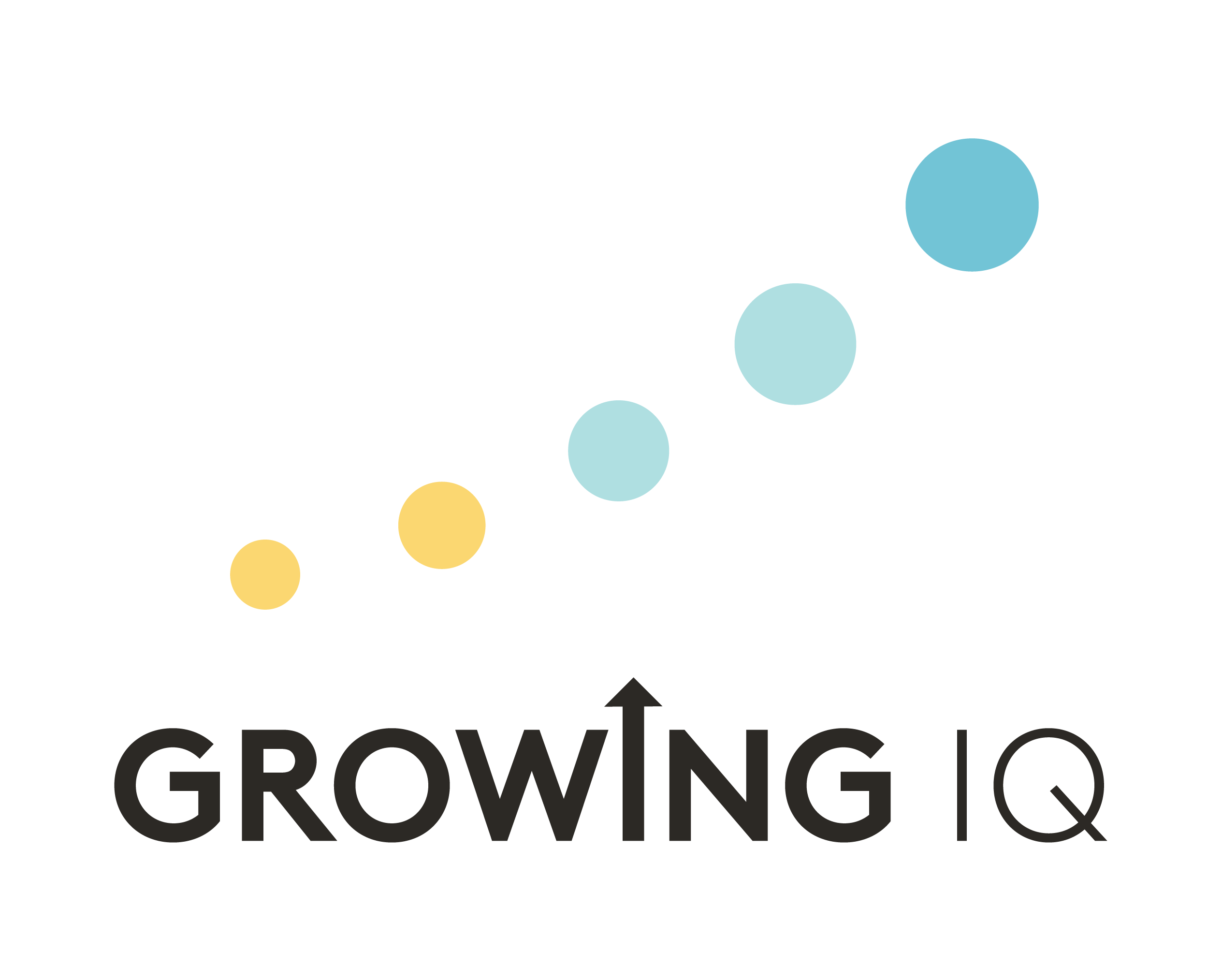Do Overs
- Eileen Horng
- Sep 12, 2022
- 3 min read
Six years ago, my husband and I made a life-changing decision. At the time, our daughter was 12 years old and son was 10 years old. We decided to have a third child. We got a range of reactions from friends and family - from "You are so luck!" to "Are you crazy?" to "Oh sorry, was it an accident?" (For the record, it was not an accident. ;)

Having a child who is 13 and 11 years younger than his siblings has given us a myriad of challenges and gifts, fortunately much more of the latter than the former. One of the greatest gifts is the opportunity to have some "do overs." Anyone who has had a child has had moments when you think, "If I had known it was going to turn out like this, I would have done things totally differently" - as well as, "Huh, didn't expect that to work out as well as it did, but we'll just pretend it was all intentional." Having more than a decade age difference between kids has given us the opportunity to see how all of our child-raising experiments have turned out.
[There are of course a few disclaimers here: 1) The older children are far from "done" and only time will tell how show of our parenting decisions impact them in the long, long run. 2) These are far from controlled experiments with each child being unique - in their temperaments, natural abilities, and personalities - as well as their environments being unique - e.g., we are no longer living in a 2-bedroom townhouse as we struggle to make ends meet with both of us working full-time.]
Disclaimers aside, our family structure has allowed for a decent social experiment. Our three kids are all a genetic mix of the two of us (despite some people thinking that the reason for the age gap was because I got remarried and had a third child with a new husband ;). And we have really tried to raise all three kids similarly - our fundamental child-raising philosophies have surprisingly not changed over the the past two decades.
That said, there is always room to tinker. We were anxious about the older two children not knowing how to read in English through Kindergarten because they were attending a Mandarin immersion school. We've maintained the Mandarin immersion for our third child (that worked really well), but have let go of the anxiousness about his being "behind" in English reading/writing compared to peers in monolingual schools (that we now realize won't matter in the long run).
One of the other areas with which we tinkered was math enrichment. We’ve maintained staying far away from drill-and-kill programs (potential short-term learning for a long-term association of math with misery), but have started math enrichment earlier with our third child. We started math enrichment with our older children at the end of elementary school with a program then called IEM. It has since changed its name to Growing IQ and this time around, we started our third child when he was 4 years old.
Many people ask why we would pay for a high-end math enrichment for a 4 year old. Can’t pretty much anyone teach a child to recognize numbers and shapes, count to 100, and do basic addition and subtraction? Yes, but that is not what we are hoping to get from this math enrichment. We have two long-term objectives. The first is to develop a love of math - not as an academic subject that is loved because he feels good about doing well on tests (although that’s fine as a by-product) but is loved because he finds magical connections between math and the world around him. The second is to develop a sturdy foundation of math concepts - not to be confused with math facts and formulas. Conceptual understanding is essential. Without it is like erecting a building on an unstable foundation. The first floor may be OK (e.g., knowing that 3+4=7) and if you’re lucky, some of the subsequent floors may be OK as well by filling-in cracks when they arise and adding external supports when you find the tower becoming unbalanced and leaning to one side. But eventually, the unstable foundation will catch up to you and there will be no amount of fixing that will allow you to continue building up. For many people, they stop wanting to build their mathematical learning tower before they reach the limitation imposed by their incomplete foundation. But what parent would not want the sky to be the limit for his child’s learning? What parent would not want to give a child the opportunity to win a Fields Medal for Mathematics if that’s what her heart desired? To provide that long-term opportunity, one of the greatest gifts a parent can give a child is a firm, comprehensive mathematical conceptual foundation.




Comments